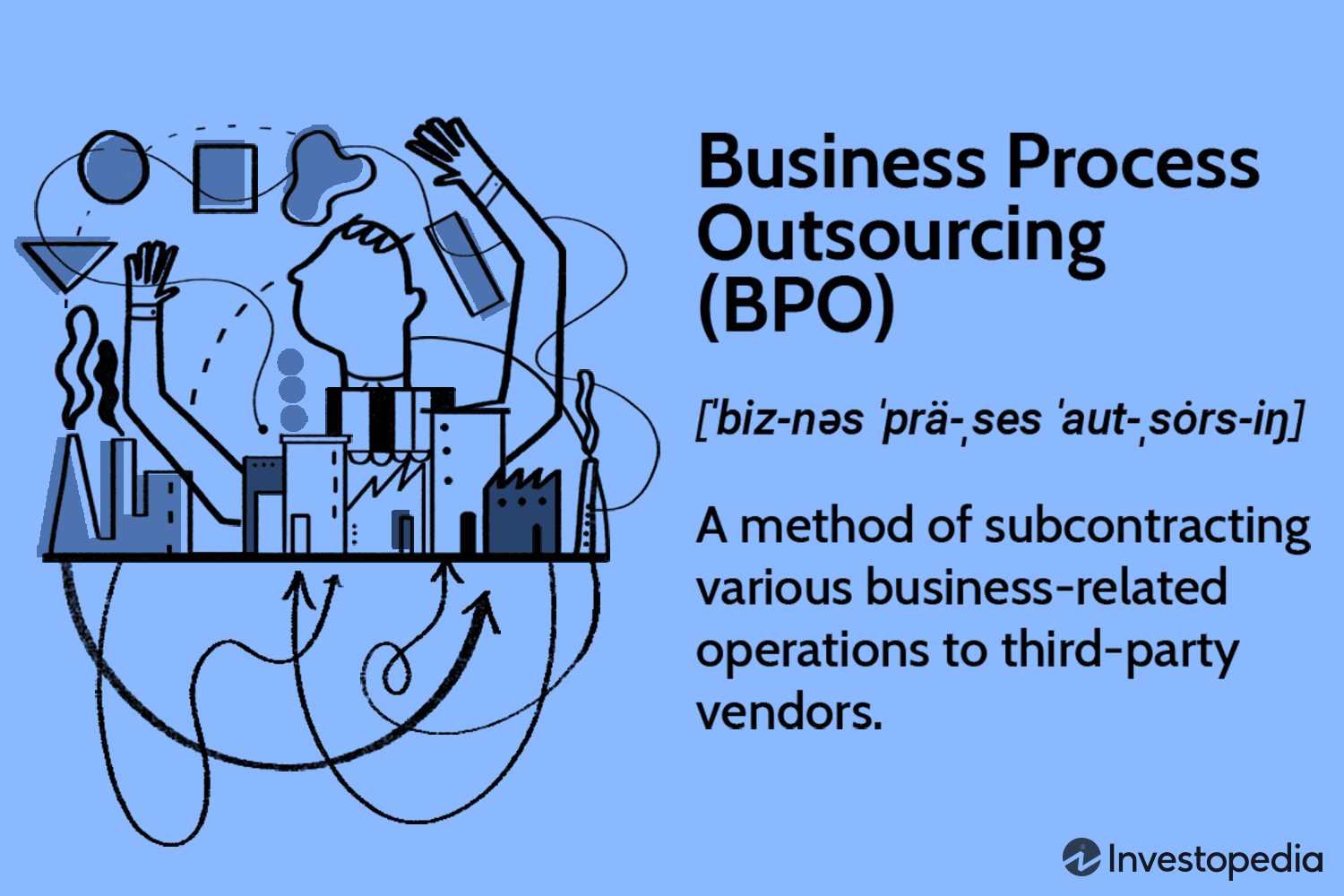Managing your personal finances can feel overwhelming, but with the right strategies and tools, you can take control of your financial future. just starting out or looking to refine your financial skills, these tips will provide you with the foundation for achieving your financial goals.
1. Understanding the Basics of Personal Finance
Before diving into specific tips, it’s essential to grasp the fundamental concepts of personal finance.
A. Income
Your income is the starting point of your financial plan. It includes all sources of money, such as your salary, bonuses, freelance work, rental income, and any investments. Understanding your income stream allows you to make informed decisions about your spending and saving.
B. Expenses
Expenses can be classified into two main categories: fixed and variable. Fixed expenses are costs that remain constant each month, such as rent, mortgage payments, and insurance. Variable expenses can fluctuate and include things like groceries, entertainment, and dining out. Tracking these expenses is crucial for effective budgeting and can help you identify areas for improvement.
C. Savings
Savings are essential for financial security and achieving your goals. This includes your emergency fund, retirement savings, and any other investments. Establishing a solid savings strategy is crucial for both short-term and long-term financial health.
D. Debt
Managing debt is a critical aspect of personal finance. Understanding interest rates, repayment terms, and your overall debt-to-income ratio can help you minimize financial stress. Prioritizing debt repayment is vital to ensure you’re not paying unnecessary interest.
2. Creating a Budget
A budget is your roadmap to financial health. Here’s how to create one effectively:
A. Track Your Income and Expenses
Start by documenting all sources of income and every expense for at least a month. This will give you a clear picture of your financial situation. Consider using budgeting apps or spreadsheets to make this process easier.
B. Categorize Expenses
Divide your expenses into categories such as housing, transportation, groceries, entertainment, and savings. This will help you identify areas where you can cut back. For instance, you might find you’re spending more on dining out than you realized.
C. Set Spending Limits
Based on your income and expenses, set limits for each category. Ensure that your spending aligns with your financial goals. For example, if you want to save more for a vacation, consider reducing your entertainment budget.
D. Review and Adjust
At the end of each month, review your budget. Adjust your spending limits as necessary to stay on track. Life changes, and your budget should reflect those changes.
E. Use the Envelope System
For those who struggle with overspending, the envelope system can be an effective tool. Allocate cash for specific categories (like groceries or entertainment) and only use what’s in the envelope. Once the cash is gone, you can’t spend any more in that category for the month.
3. Building an Emergency Fund
An emergency fund acts as a financial safety net. Here’s how to build one:
A. Determine the Amount
Aim to save 3 to 6 months’ worth of living expenses. This amount can vary based on your job stability and personal circumstances. A higher savings buffer may be prudent if you’re self-employed or in a volatile industry.
B. Choose the Right Account
Keep your emergency fund in a high-yield savings account to earn interest while keeping it accessible. Look for accounts with no monthly fees and easy access to funds when needed.
C. Automate Savings
Set up automatic transfers from your checking to your savings account to ensure consistent contributions. Treat your savings like a recurring expense that you prioritize each month.
D. Start Small and Build Gradually
If saving a large sum feels daunting, start with a small goal—like saving $500 or $1,000. Once you reach that goal, gradually increase your target. Small victories can help you build momentum.
4. Saving for Retirement
Planning for retirement is crucial for long-term financial security. Here’s how to get started:
A. Contribute to Employer-Sponsored Plans
If your employer offers a 401(k) plan, contribute enough to get the full match. This is essentially free money that can significantly boost your retirement savings. Many employers offer a 50% match on contributions, which adds up quickly over time.
B. Open an IRA
Consider opening an Individual Retirement Account (IRA) to take advantage of tax benefits. Choose between a Traditional IRA, where you can deduct contributions from your taxable income, and a Roth IRA, which allows tax-free withdrawals in retirement.
C. Increase Contributions Over Time
Aim to increase your contributions as your income grows. Even small increases can make a significant difference over time due to compound interest. For example, increasing your contribution by 1% annually can have a considerable impact on your retirement fund.
D. Diversify Your Retirement Investments
Within your retirement accounts, ensure you have a diversified portfolio that includes a mix of stocks, bonds, and other assets. Diversification can help manage risk and improve overall returns.
E. Review Retirement Accounts Regularly
Check your retirement accounts at least once a year to ensure they align with your financial goals and risk tolerance. Rebalancing your portfolio may be necessary as you approach retirement.
5. Managing Debt
Debt can be a major obstacle to financial stability. Here are strategies for managing it effectively:
A. Understand Your Debt
List all your debts, including balances, interest rates, and minimum payments. This will help you prioritize repayment. A clear overview can motivate you to tackle your debt strategically.
B. Use the Avalanche Method
Focus on paying off high-interest debt first while making minimum payments on others. This method saves you money in interest over time and helps you pay off your debts faster.
C. Consider the Snowball Method
Alternatively, you can pay off smaller debts first for quick wins, boosting your motivation and reducing the number of debts you have. This psychological benefit can be powerful in maintaining your commitment to becoming debt-free.
D. Consolidate Debt
If you have multiple debts, consider consolidating them into a single loan with a lower interest rate. This can simplify your payments and reduce interest costs. However, be cautious about fees and terms when considering this option.
E. Negotiate with Creditors
If you’re struggling to make payments, reach out to your creditors. Many are willing to work with you to create a payment plan or negotiate lower interest rates. Being proactive can help you avoid late fees and damage to your credit score.
6. Smart Spending Habits
Developing smart spending habits can help you save more and avoid unnecessary debt:
A. Differentiate Needs and Wants
Before making a purchase, ask yourself if it’s a necessity or a luxury. Prioritize needs over wants. Creating a list before shopping can help you stick to essentials.
B. Implement the 24-Hour Rule
For non-essential purchases, wait 24 hours before buying. This can help curb impulse spending and give you time to evaluate whether the purchase is truly necessary.
C. Use Cash for Discretionary Spending
Consider using cash for discretionary categories like dining out or entertainment. This can make you more conscious of your spending and limit the temptation to overspend.
D. Take Advantage of Discounts and Coupons
Always look for discounts, coupons, and cashback offers. Websites and apps can help you save money on regular purchases. Signing up for loyalty programs can also provide additional savings.
E. Evaluate Subscription Services
Regularly review your subscription services (like streaming, magazines, and gym memberships). Cancel those that you rarely use to free up money in your budget.
7. Investing Wisely
Investing is crucial for building wealth over time. Here’s how to get started:
A. Educate Yourself
Learn the basics of investing through books, online courses, or financial podcasts. Understanding concepts like risk tolerance, diversification, and market trends is key to making informed decisions.
B. Start Early
The sooner you start investing, the more time your money has to grow. Even small contributions can lead to significant gains over time due to compound interest. For example, investing just $100 a month can grow substantially over 30 years with average market returns.
C. Diversify Your Portfolio
Invest in a mix of asset classes, including stocks, bonds, and real estate, to minimize risk. A well-diversified portfolio can withstand market fluctuations and improve overall returns.
D. Consider Low-Cost Index Funds
Index funds typically have lower fees than actively managed funds and can provide a good return over time. They are a great option for beginner investors looking for simplicity and diversification.
E. Rebalance Your Portfolio Regularly
As your investments grow, some assets may take up a larger portion of your portfolio than intended. Rebalancing ensures you maintain your desired level of risk and helps lock in gains.
8. Protecting Your Financial Future
Insurance and estate planning are vital for safeguarding your financial health:
A. Review Insurance Coverage
Ensure you have adequate coverage for health, auto, home, and life insurance. Regularly review your policies to make sure they meet your current needs. Life changes, such as marriage, children, or a new job, may require adjustments to your coverage.
B. Create an Estate Plan
Consider creating a will and, if necessary, a trust. This ensures that your assets are distributed according to your wishes and can help avoid probate issues. An estate plan can also specify guardianship for minor children.
C. Consider Disability Insurance
Protect your income by considering short-term and long-term disability insurance. This can provide financial support if you are unable to work due to illness or injury. Many employers offer this benefit, so check with your HR department.
D. Stay Informed About Identity Theft Protection
Monitor your credit report regularly for signs of identity theft. Consider using credit monitoring services to keep track of any changes to your accounts.
9. Staying Informed and Educated
Keeping up with financial trends and news is essential for making informed decisions:
A. Read Financial News
Follow reputable financial news sources to stay updated on market trends and economic changes that may affect your financial situation. Websites like Bloomberg, CNBC, and Financial Times provide valuable insights.
B. Join Financial Literacy Workshops
Look for workshops or webinars on personal finance topics. Many community organizations and financial institutions offer free resources to help improve your financial literacy.
C. Engage with Financial Communities
Join online forums or social media groups focused on personal finance. Sharing experiences and tips with others can provide valuable insights and motivation. Platforms like Reddit’s r/personalfinance or various Facebook groups can be helpful.
D. Follow Financial Influencers
Consider following trusted financial influencers on social media who share practical advice and tips. Their content can provide fresh perspectives and motivate you to stay on track with your financial goals.
10. Reviewing and Adjusting Financial Goals
Your financial situation and goals may change over time. Regularly review and adjust your plans accordingly:
A. Set SMART Goals
Use the SMART criteria (Specific, Measurable, Achievable, Relevant, Time-bound) to set financial goals. This makes it easier to track progress and stay motivated. For example, instead of saying, “I want to save money,” specify, “I will save $5,000 for a vacation by next year.”
B. Conduct Regular Reviews
Schedule periodic reviews of your financial plan to assess progress and make necessary adjustments. This can be quarterly or annually, depending on your needs. Look for areas where you can improve or pivot.
C. Celebrate Milestones
Acknowledge and celebrate your financial milestones, whether it’s paying off a debt, reaching a savings goal, or achieving a successful investment. Celebrating small victories can boost your motivation and commitment.
D. Adjust Goals as Life Changes
Be flexible with your financial goals. Major life events, such as marriage, having children, or changing careers, may require you to reevaluate and adjust your financial plans.
11. The Importance of Financial Discipline
Financial discipline is essential for long-term success. Here are ways to cultivate it:
A. Develop a Mindset of Abundance
Instead of focusing on scarcity, adopt a mindset of abundance. Believe that you can achieve your financial goals and that there are opportunities for growth.
B. Practice Delayed Gratification
Train yourself to delay gratification by prioritizing long-term goals over immediate pleasures. This can lead to greater financial stability and freedom in the future.
C. Create Accountability
Share your financial goals with a trusted friend or family member who can help hold you accountable. Regular check-ins can keep you motivated and on track.
D. Reflect on Your Progress
Take time to reflect on your financial journey. Celebrate your achievements and learn from setbacks. This self-reflection can help reinforce positive habits.
Conclusion
Mastering personal finance is a journey that requires discipline, knowledge, and regular adjustments. By implementing these tips, you’ll be better equipped to manage your money, achieve your financial goals, and build a secure financial future. Remember, small steps can lead to significant changes over time. Start today, and take control of your financial destiny for more details please visit networksights.com












Leave a Reply